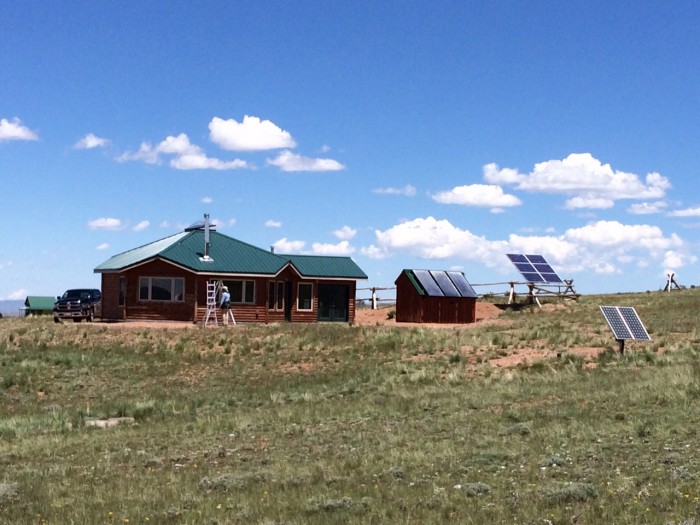The verdict of the Fifth Assessment Report (AR5) by the Intergovernmental Panel on Climate Change (IPCC) is clear: we are the dominant species on this planet, and our documented role in the global system gives many (but not all) confidence that the Anthropocene is well named. We need to understand the interactions, impacts, and development of systems to attempt either adaptation or mitigation with respect to our changing climate, recalling that unintended consequences must always be counted. As they say, there is no planet B, no other place where externalities can be stored for later disposal. Of course, wicked problems like climate change are nothing new. They resist resolution because they are difficult to define/multicausal (unlike the ozone hole); have incomplete or changing parameters, such that “solving” one part of problem generates new ones; and have no clear solution, just better or worse options (Rittel and Webber 1973). Wicked problems are socially complex and generally require behavioral or cultural changes of significant proportions. Examples of these, such as climate change, energy transitions, water management, and biodiversity loss, are also the hallmark of the Anthropocene: they are “socionatural” transformations that we have set in motion ourselves, and the ones I have mentioned all have strong connections with each other. Here, I focus on energy.
Read More ““Something Wicked This Way Comes”: Energy, Modernities, and the AnthropoScene”
